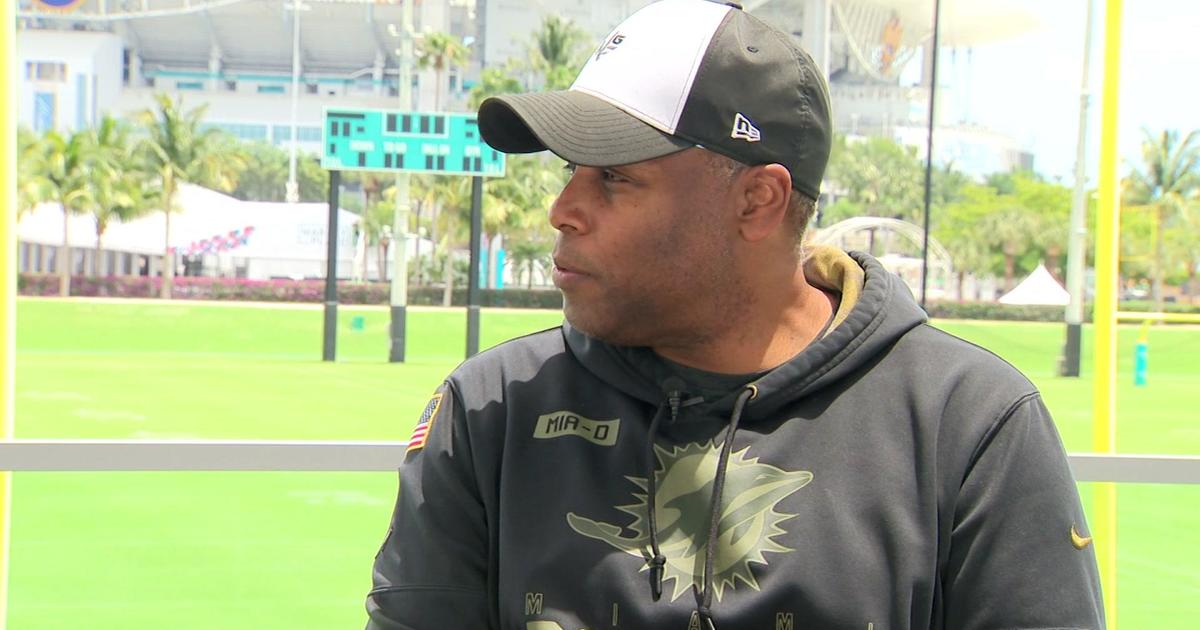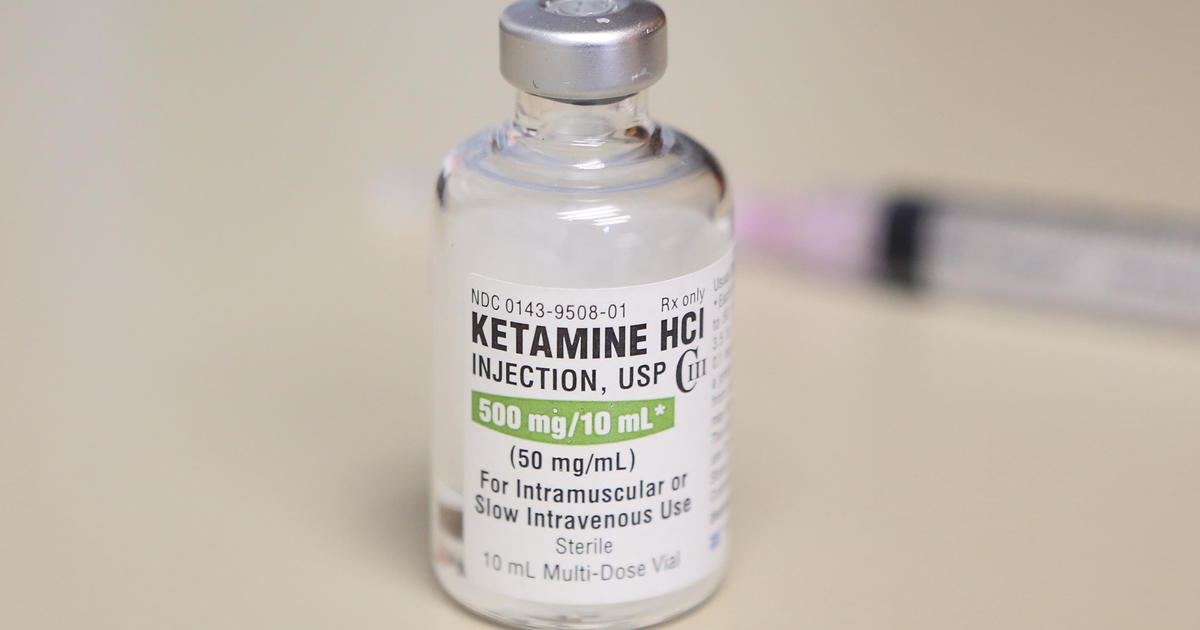Don't Know How To Talk To Vaccine-Hesitant Friends & Family? Professor Shares Tips On Navigating Conversation
MIAMI (CBSMiami) – What should you do if your friends or family are simply refusing to get the COVID shot?
Dr. Weylin Sternglanz is an associate professor at Nova Southeastern University, who works in the Department of Psychology and Neuroscience.
He joined CBS4 Anchors Eliott Rodriguez and Lauren Pastrana to shed some light on vaccine hesitancy from a psychological perspective.
STERNGLANZ: There are a number of reasons why people might be hesitant to get the vaccine. First of all, there's this sort of political echo chamber where people might be only exposing themselves to, you know, conservative viewpoints, or only liberal viewpoints on social media, etc. And so then they don't get exposed to certain ideas, like the idea that the vaccine is completely safe and effective. Another principle is the idea that, even after we hear, when we hear false rumors, and I think you alluded to some of those earlier, even after we those rumors are debunked, we still continue to believe them a little bit. So for example, if someone hears that the COVID vaccine could affect fertility, and then later they hear that that's a complete urban legend, which of course it is, they still might not completely trust that, they still might be a little bit wary. And thirdly, there's this principle called reactance theory, which is the idea that people really do not like their freedoms being threatened. So if you make people feel like they're being made to do something against their will, that's often going to cause a reaction to cause people to want to do the opposite.
PASTRANA: Doctor, we're seeing this within families, within friend groups. It's causing tension between people, those who've gotten vaccinated and they want to know why their loved ones or friends have not been vaccinated. So how should vaccinated people talk to people who are unvaccinated, if they're trying perhaps to convince them? Is there a way to approach this kind of conversation in a way that's maybe not confrontational to actually get some action to occur?
STERNGLANZ: Absolutely. So the number one thing probably is to not condescend, to not call them stupid or an idiot, you know, then you're pretty much going to shut the conversation down. So it's best if you can kind of empathize with their point of view, try to understand where they're coming from, why they're hesitant to get the vaccine. And then, you know, approach the conversation taking their point of view seriously. Another thing you can do, of course, is to, based on reactance theory, they might feel like they're being made to do something they don't want. So when you try to convince them, don't try to make them feel like they're being forced into it, try to sort of lead them to draw the conclusion on their own that getting the vaccine makes sense. There's also some research out there showing that there are effective strategies for governments and other social institutions use. For example, some research has shown that lotteries are pretty effective. And it doesn't have to be a large lottery. So it could just be a lottery for a few hundred dollars. But that actually is a pretty effective way to get people to people who are on the fence to get the vaccine. Also, there seems to be some evidence that when you tell people, the vaccine is waiting for them, there's something about that, that makes people more likely to get the vaccine.
RODRIGUEZ: We're talking about the lottery. You know, the Miami Heat is giving out tickets to games and concerts. And thank you so much for the advice, because I think a lot of families are just not talking to each other. And it's a good idea to talk to each other without being judgmental.



